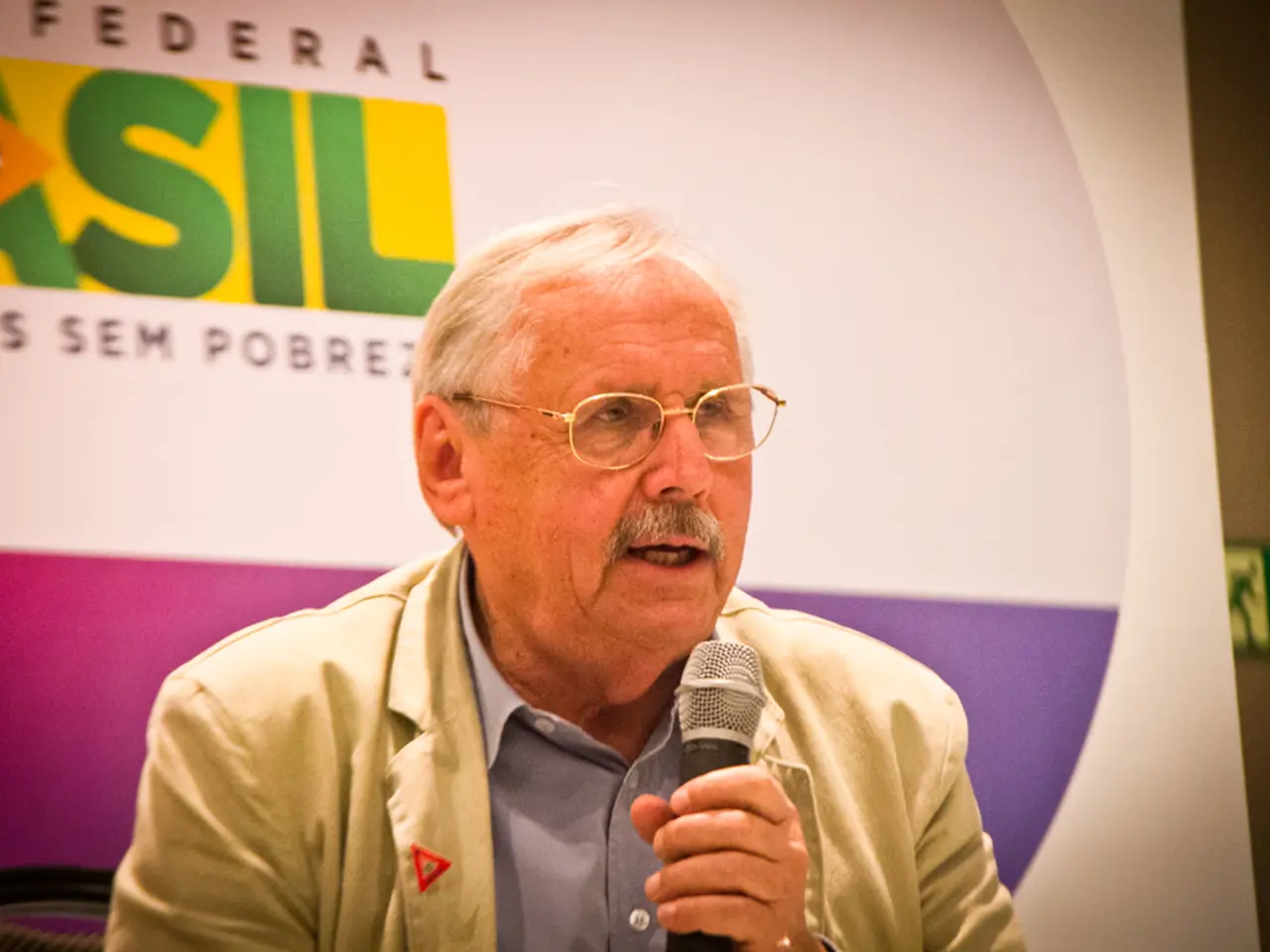Colorado Governor Evades Trump's Attack on Renewable Energy Policies
In the heart of the United States, the state of Colorado is making significant strides towards a cleaner and greener future. Governor Jared Polis has set ambitious goals for the state, aiming to have a grid that uses 100 percent renewable energy by 2040 and to zero out economywide greenhouse gas emissions by 2050.
Recent studies suggest that achieving these goals using existing technologies, specifically with renewables and a small amount of natural gas as backup power, is indeed achievable. Colorado's effort to streamline and speed up permitting seems to be paying off, with Xcel Energy, the state's largest utility, expediting the acquisition of 4,000 megawatts of clean energy to take advantage of tax credits before they expire.
However, the transition isn't without its challenges. The loss of federal tax credits, supply chain shortages, and tariffs could potentially make clean energy projects more expensive, hampering Colorado's sprint to phase out fossil fuels.
One of the major hurdles in this transition is the coal industry. Colorado Springs utility officials have requested that a coal plant in the city stay open past its planned 2029 closure due to high replacement costs without federal incentives. The Trump administration has proposed rejecting Colorado's clean air plan, asserting that the planned coal closures could hurt reliability.
Governor Polis, however, is not swayed. He worries about Trump's agenda forcing coal plants to stay open, which he believes would add costs to Colorado ratepayers. He views lengthy approval processes as adding costs to projects, and the need to reduce processing time and speed up approval as a good excuse for directing state agencies to speed up the development of clean energy projects before federal tax credits expire.
Polis believes there's a 'good case' for extending the plant's life, but he is also mindful of the future. He believes that where Colorado will be in 2040 and 2050 will depend more on the policies of future presidents than current events.
The coal debate is not unique to Colorado. Other blue states, including California and Arizona, have followed a similar approach after the GOP's One Big Beautiful Bill. So far, the Trump administration has not ordered any of Colorado's coal plants to stay open, unlike generators in Michigan and Pennsylvania.
As Colorado moves towards its target of having 80 percent renewable energy by 2030, it is clear that the state is committed to a cleaner, greener future. With Governor Polis at the helm, Colorado is setting an example for other states to follow in the pursuit of a sustainable energy future.
Read also:
- Russia, according to Zelensky, lacks the prowess for launching another significant offensive.
- Russia's Latest Peace Proposals for Donbas: New Diplomatic Landscape Emerges amid Alaska Summit, Potentially Opening Ceasefire Opportunities
- Amidst India's escalating climate crisis, transgender individuals continue to persevere
- Contentious Discussion Surrounding the Movie Release of "Planet of the Humans"








